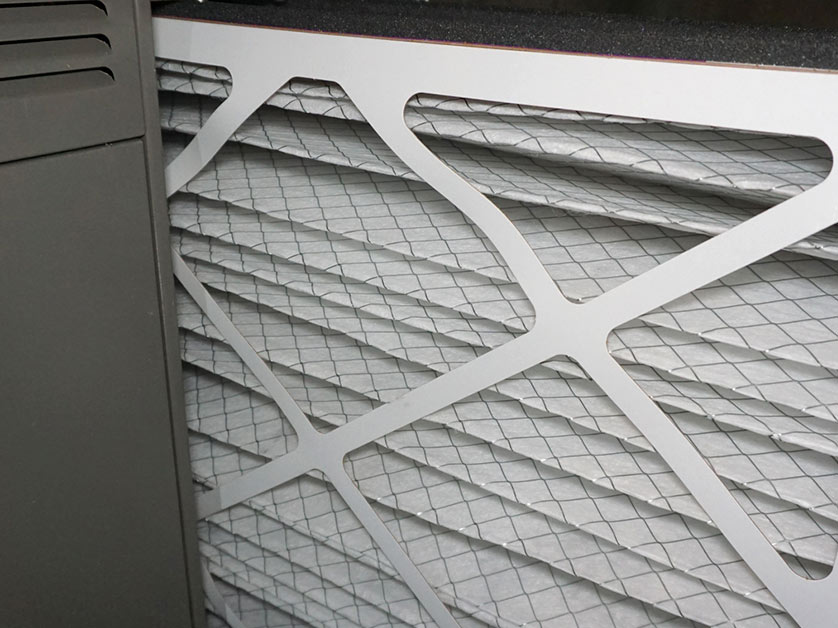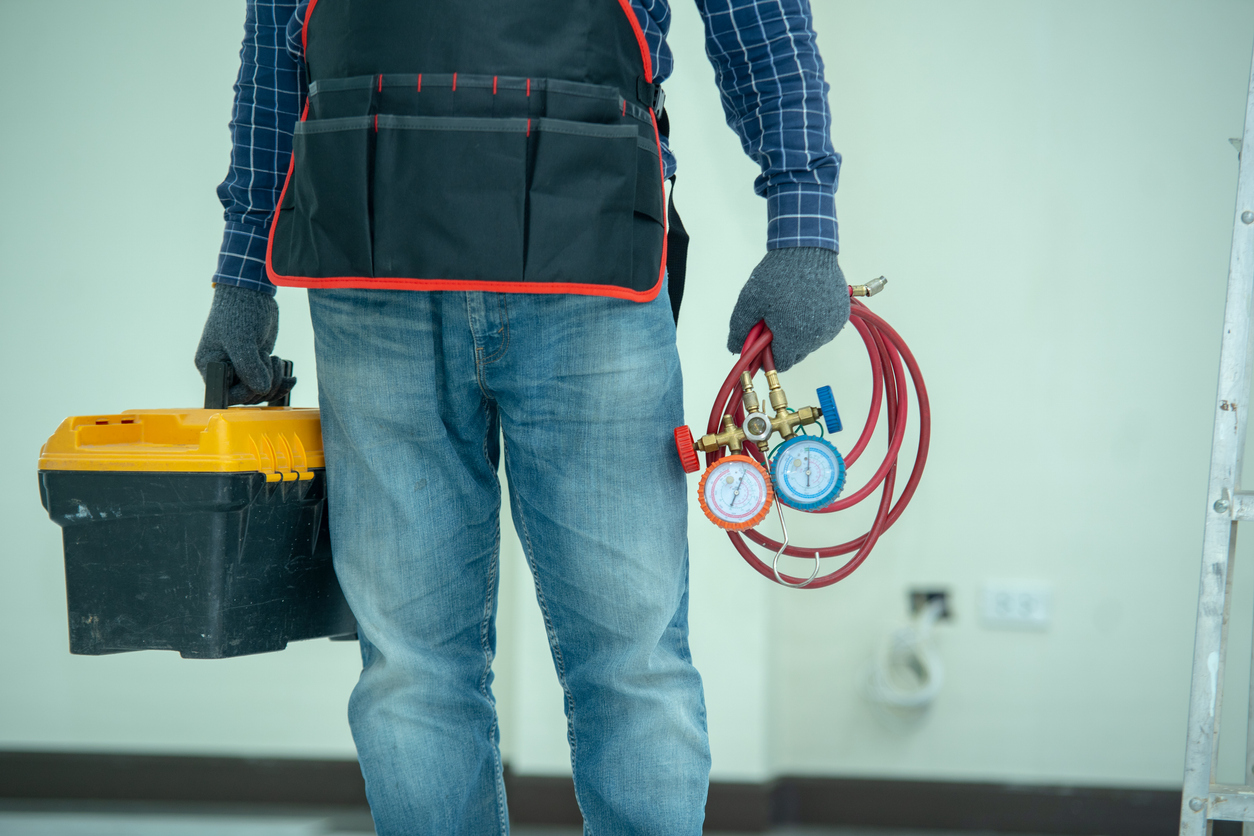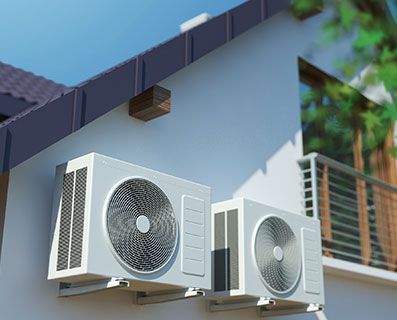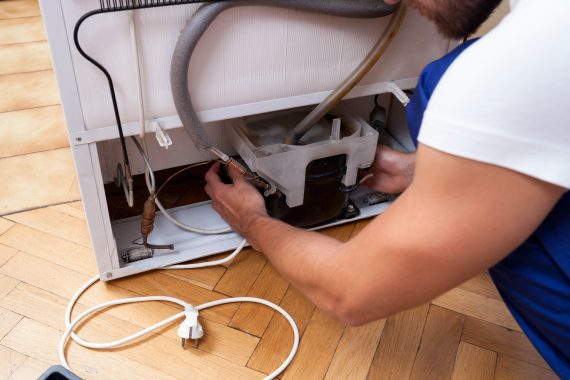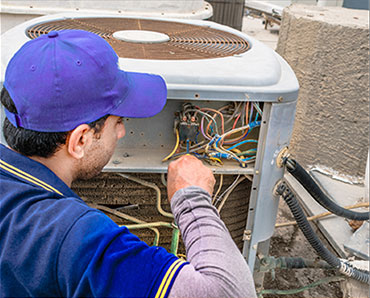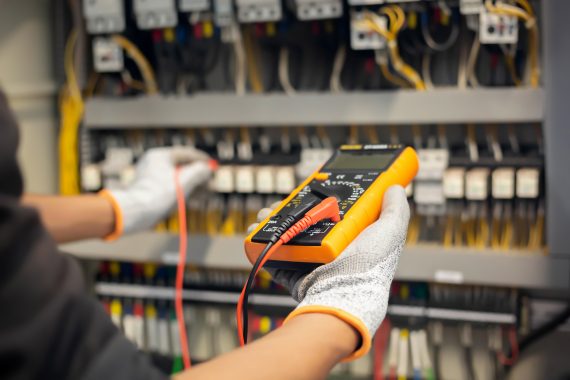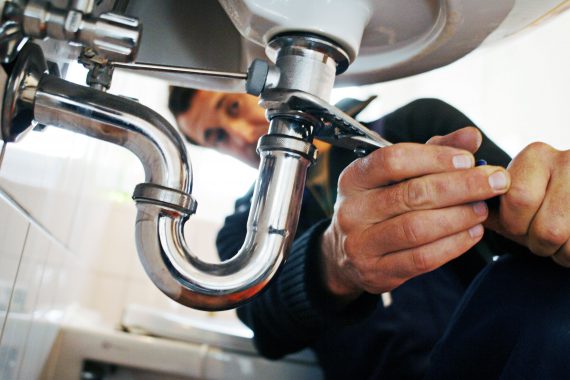Indoor Air Quality (IAQ) is a term used to describe the quality of air inside and around a building, especially with respect to how it relates to health and comfort of the occupants. The air quality of our houses or homes affects our health and can contribute to structural degradation, building failures, and other issues with our homes.
Finding the most appropriate ways to keep pollutants off our indoor environments is a vital step of defense against indoor quality. Accordingly, knowing a few facts about indoor air quality can go a long way in helping you win this battle.
IAQ Facts
- Indoor air is up to 5 times more polluted than outside air according to EPA (Environmental Protection Authority). Results from indoor air tests done across North American homes support these findings.
- Biological pollutants such as pollen, dust mites, bacteria, molds, animal dander and viruses promote indoor air quality and are considered to be the primary contributors of days lost from schools and work.
- One in fifteen homes in U.S has radon levels above 4pci/L, according to EPA. Radon can enter our homes through cracks in the walls or floor, drains, other crevices.
- Personal care products, paints, pesticides, cleaning agents, solvents and hobby products may be sources of myriad potentially harmful products which can cause allergic reactions, nausea, tract irritation, dizziness and even cancer.
- Heating and cooling equipment as well as other home appliances that use gas, fuel or wood can produce dangerous combustion byproducts such as nitrogen dioxide and carbon monoxide.
- Formaldehyde can be found in adhesive and bonding materials in our home and offices, including upholstery, plywood paneling, and carpets. Release of this chemical into the air can cause variety of health problems such as nose, eye, and throat irritation, headaches, coughing, skin rashes, and dizziness.
Generally, appropriate ventilation with fresh indoor air can help reduce the levels of indoor air pollutants in your home to a great extent. Though air cleaning devises are resourceful in fighting poor IAQ, they are never a substitute for preventing the indoor air from getting dirty. Follow us for more articles that will ensure that your HVAC systems are running comfortable and efficiently.



